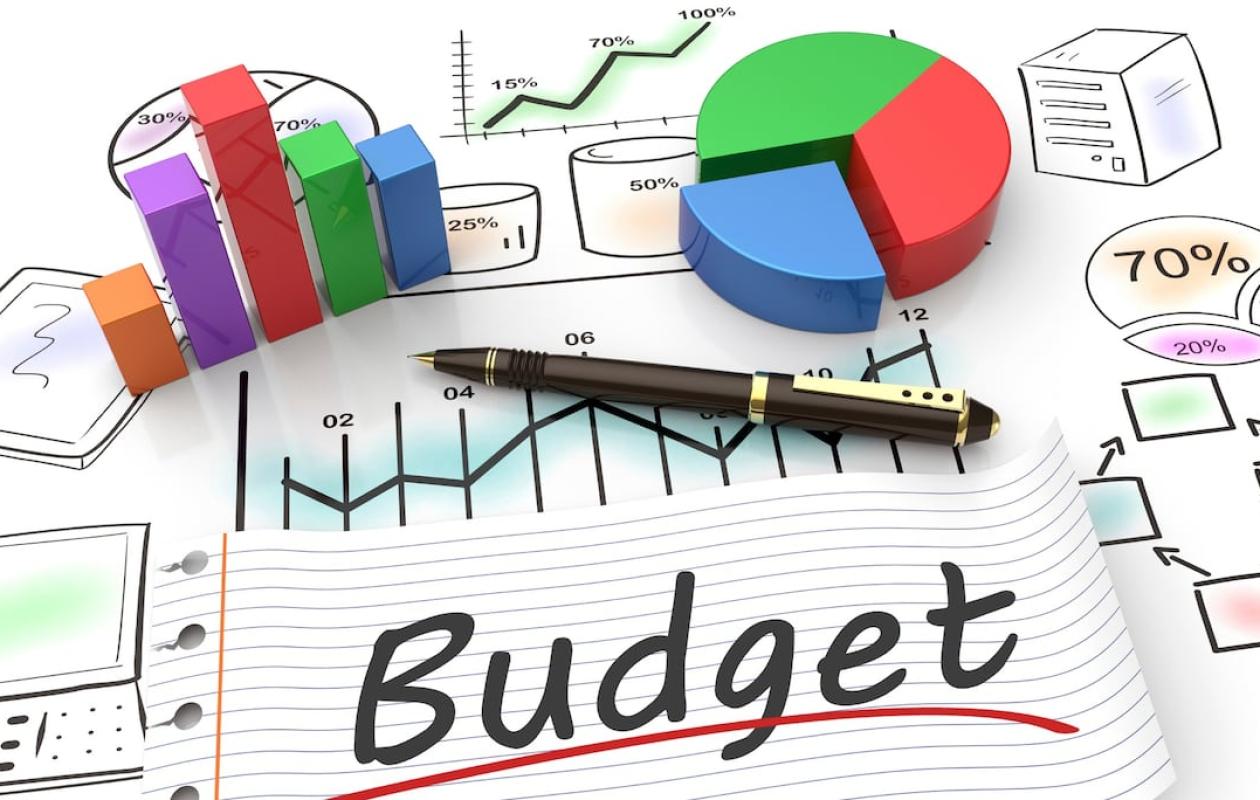
Coût du capital et perception de risque : le cercle vicieux du financement en Afrique
The cost of capital in Africa is among the highest in the world, and this reality weighs heavily on the continent's economic development. Investment projects operate in a financial environment characterized by high interest rates and strong return demands from equity investors. According to a 2024 study, the weighted average cost of capital for energy projects reaches 15.6%, compared to 2% to 5% in developed economies. This structural difference reduces the competitiveness of many projects, even those considered priorities for growth or the energy transition.
This high cost is explained by a perceived high risk and the shallow depth of African financial markets. Venture capital illustrates this fragility: in the first half of 2024, fundraising for African startups reached approximately $700 million, a drop of more than 65% compared to the same period in 2023. This contraction reduces the capacity for innovation and limits the emergence of companies capable of driving productivity growth.
Infrastructure financing is also affected. In 2024, private equity investments in this sector fell by 39%, reaching $1.4 billion, while Africa's infrastructure needs are estimated at over $120 to $130 billion annually, nearly half of which remains unfinanced. Under these conditions, the profitability requirements for making a project "bankable" often become difficult to reconcile with local economic realities, leading to the postponement or abandonment of essential projects.
This situation perpetuates a vicious cycle: the lack of mature projects and the deficit in structural capital reinforce the perception of risk, which further increases the cost of money. To break this dynamic, several solutions are regularly put forward by regional and international institutions. Strengthening the capitalization of African development banks is among the priorities, as is establishing risk-sharing mechanisms capable of attracting institutional investors and reducing the cost of financing for private actors.
Without more coordinated action on these guarantee mechanisms and strengthened cooperation between states, donors, and investors, African entrepreneurs will continue to face high financing costs that limit their ability to grow and create jobs. The continent's economic transformation will depend largely on the collective capacity to sustainably reduce the cost of capital.
Commentaires (2)
Participer à la Discussion
Règles de la communauté :
💡 Astuce : Utilisez des emojis depuis votre téléphone ou le module emoji ci-dessous. Cliquez sur GIF pour ajouter un GIF animé. Collez un lien X/Twitter, TikTok ou Instagram pour l'afficher automatiquement.